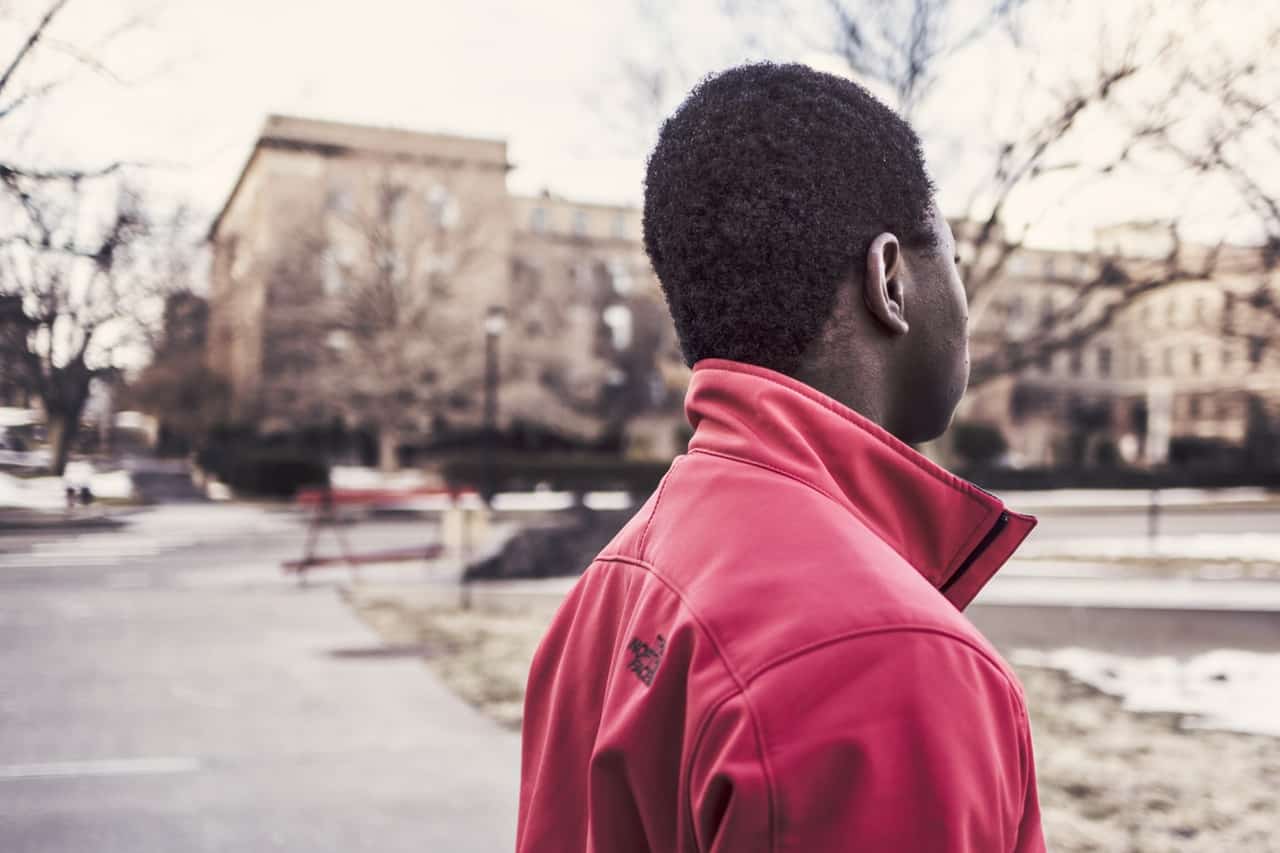African-American History Month started yesterday. Founded in 1926 as an annual week in February, it was expanded in 1976 to encompass the entire month. Wasn’t one week enough? Do we need an entire month to acknowledge the presence of African-Americans in American culture and society?
Given the history of African-Americans, the answer must be yes.
***
Let’s recall that history. First, Africans were hunted and captured throughout the African continent. Second, they were forced into crowded slave ships that sailed across the Middle Passage to the Americas. Third, they were transformed into chattel to be sold on an auction block into slavery. This process reduced to animals to be owned by white persons, and created a social order literally built on the marginalization of the black race.
Fourth, when they were finally freed from slavery and began to rebuild their lives, they faced lynching, segregation, and Jim Crow laws which rendered them equal to dogs. It was only in the 1960s’ that legislation eliminated Jim Crow laws. That means African Americans have only been considered fully equal under federal law for 52 years.
If we look at a timeline from 1618 to today, those 52 years of legal equality correspond to 13% of African-American history.1
***
Given the continued racism that perpetuate their unequal opportunities, it’s not surprising that scholars like Charles Mills argue that our country is a white supremacist society.
I know: this term is really controversial. When we think “white supremacist,” we have images of the KKK from the 1950’s and fringe neo-nazi groups today. Mills is making a different argument. “Supremacy” here is a synonym for superiority. Clearly pre-1965 whites were seen to be superior to blacks. But what makes this argument different today from the standard KKK image is that African Americans are socialized to see themselves as less-human than other people.
What does this mean, less human? It means that because of media imagery, police brutality, neighborhood inequality, and inferior schools, black children grow up having to negotiate what it means to be black in a society that privileges all images of white persons. It means negotiating complex feelings about oneself, because the dominant imagery renders them not equally human – because they are not equally white.
This is admittedly a really complex thing to grapple with, and certainly it is one I deeply struggle with. Am I truly part of a white supremacist society, one that always sees whites as superior to anyone else – including myself as an ethnic minority?
I, though not white, grew up believing that being white was the superior, more American way to be. This was not taught to me by my family, but inherited via school, the television shows I watched, and the books I read. Should I have learned about the African-American experience, it was on the fringe for this one month each year. This is not just a sad story for African- Americans, but for all of us. When I began to question my own assumptions about society, I didn’t want to give up my image of the superior white idol. Untangling my assumptions was painful because it meant I am implicated in a structure of white supremacy – and I must constantly wrestle with it – even today.
But that is precisely my call, and, I believe, our call as fellow Americans. As a nation, we cannot continue to live with the false idol that one (white) group is superior to all others, for this impedes our own journey as humans. To be fully human is to be a person who is free of labels that lower one’s status. It also means to be free of needing to subjugate others to build one’s own identity.
Said another way, this African-American History Month is about recognizing the struggles blacks have had and the system of white supremacy that made black and non-black lives possible.
It’s about questioning how I understand who counts as the ideal American, and patriotically pledging to wrestle with this in my engagement in all aspects of my life. That includes working against social structures that perpetuate the racial hierarchy.
This is a difficult task, perhaps utopian in its goal. Yet until our black brothers and sisters are not formed to think they are existentially “less than,” coupled with breaking away from the subconscious belief that white people are superior, then none of us will ever be free.
- I credit this example to Professor Bryan N. Massingale of Fordham University, who in a lecture provided a timeline analysis similar to this one. ↩


